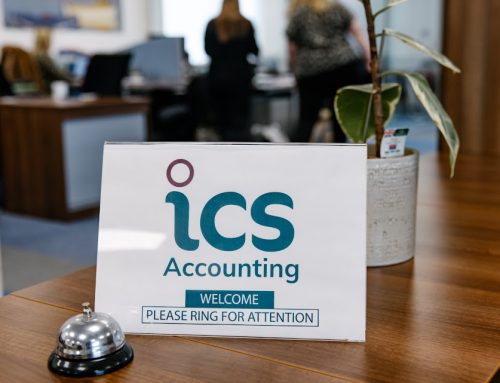Are you considering stepping into the world of freelance? More specifically, is becoming a freelance web developer something that you find appealing? Then you have already taken the first step. The next is to find out as much as possible before you start offering your skills to the mass freelance market.
Starting a freelance career can be exciting and lucrative in the long run, but it’s important to understand the role you are trying to fill. If you don’t know the job, after all, you won’t be able to get the work in the first place.
Role Overview
What is the role of a web developer? Quite simply, a web developer builds, designs and maintains websites on behalf of their clients. This is a job that can vary widely. One day you could be developing an intranet, whilst the next you may be creating a storefront for online retailers. It is a varied job that is perfect for someone with transferable skills, especially if problem-solving is a large part of your skillset. Being independently able to meet your client’s deadlines is integral to this role, so make sure you have the discipline before setting out on this career path.

A typical project would encompass:
- Working with the client to understand their needs and project requirements.
- Planning the project in a way that is agreeable to you both.
- Building a framework of the website or project you are working on.
- Testing your work to ensure there are no bugs.
- Gaining client approval.
- Making changes as per the feedback you have received.
Skills Required

The essential skills for web design include:
- Impeccable programming skills.
- Understanding of the design, user interface and interactive nature of websites.
- Problem-solving skills.
- Interest in technological innovation.
- Ability to work alone.
- Receptive to feedback and adaption.
- Understanding of web development standards.
Experience Required
The usual requirements for a web development role, whether as a freelancer or in an office environment, is a foundation degree. This is usually in an IT-related subject such as web design, computer science, programming, digital media or even business information systems. But that is not the only route into the industry for those who are willing to work hard to achieve their goals.

If you have had a junior position in an IT role, in which you have been able to demonstrate the necessary skills and knowledge of web development, then you may have the relevant experience needed. This may involve any of the degree related subjects, or may include common operating systems and servers, network and security, and even the graphic nature of web design.
IT is a fast moving industry. As such, the experience and skills that you need will change on a monthly, weekly or even daily basis. So, keeping on top of industry trends and news is one of the best ways to ensure that your experience and skills do not become outdated.
Routes into the Industry
Having a niche in the industry is often the best way to start your freelancing career. Being able to fulfil a need, one that there is a high demand for but where there is little competition is often the best way to get your name out there. An example of this would be an expert on the content management system for WordPress. It would mean developing your skills to fit that particular need, but at the start of your freelancing, you may come to rely on this expertise for consistent work. The more in demand you become, the more you can choose your clients and branch out in the work that you are doing.

Having a varied portfolio, especially one that is a web portfolio, can be the best tool to help you get freelance work. Your portfolio should exhibit your abilities to the fullest, especially as a web designer – it should have impeccable aesthetics and usability. You should also consider the long-term nature of your portfolio; start casting yourself as a brand now, so that you can develop it over your freelance career as you become more in demand. Most of all, intrigue any potential clients enough to make them want to contact you!
Placing yourself out there is often the best way to gain a client-base. Advertise yourself, both on the internet and locally, as it will gain you a lot of interest. Contacting potential clients directly is also a good way to gain experience, especially through freelance websites. This won’t get you immediate financial reward, but it will give you experience which you can transfer to more traditional freelance and more prestigious clients in the long term.
Are you considering becoming a freelance web developer? Keep the hassle to a minimum by letting ICS Accounting’s experienced team help you with our contractor services. To find out more about how to do this please contact us or call us on 0800 195 3750.


















